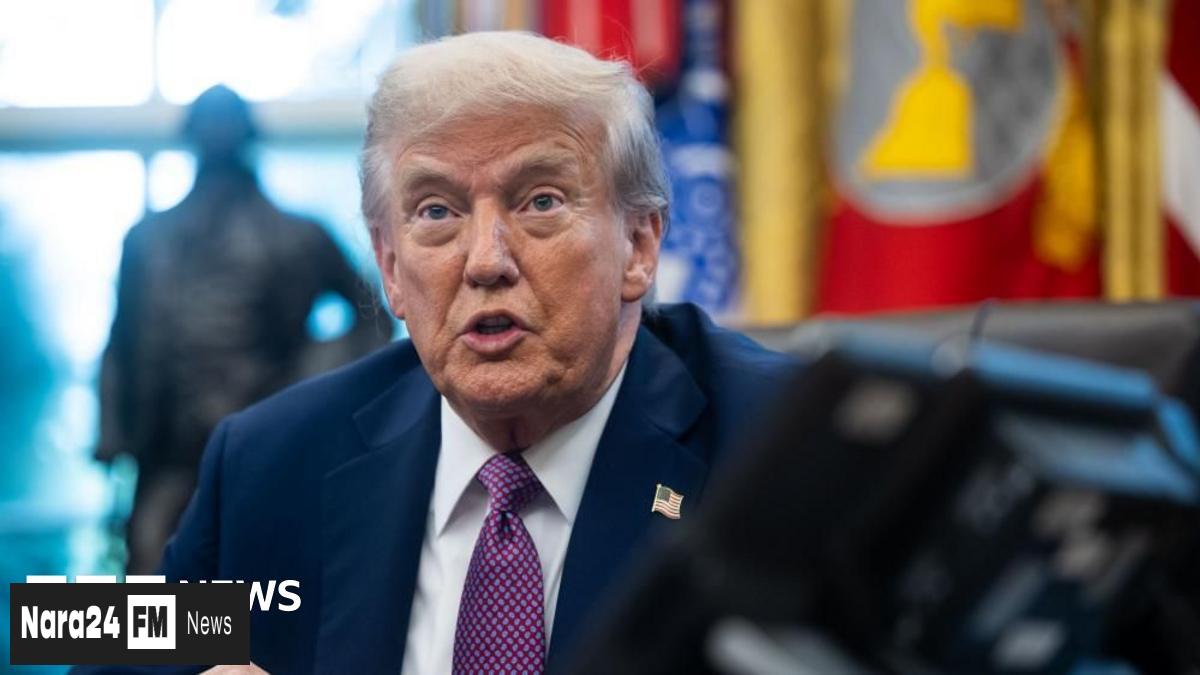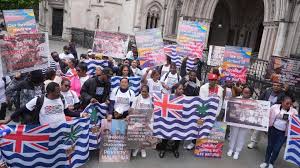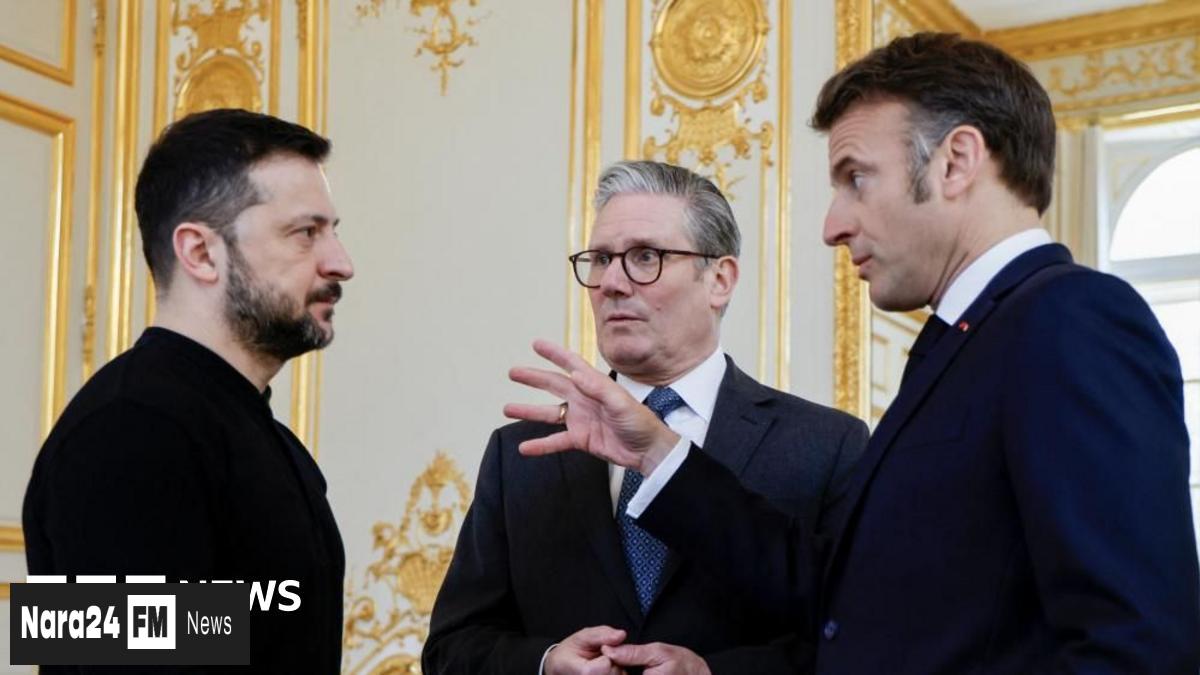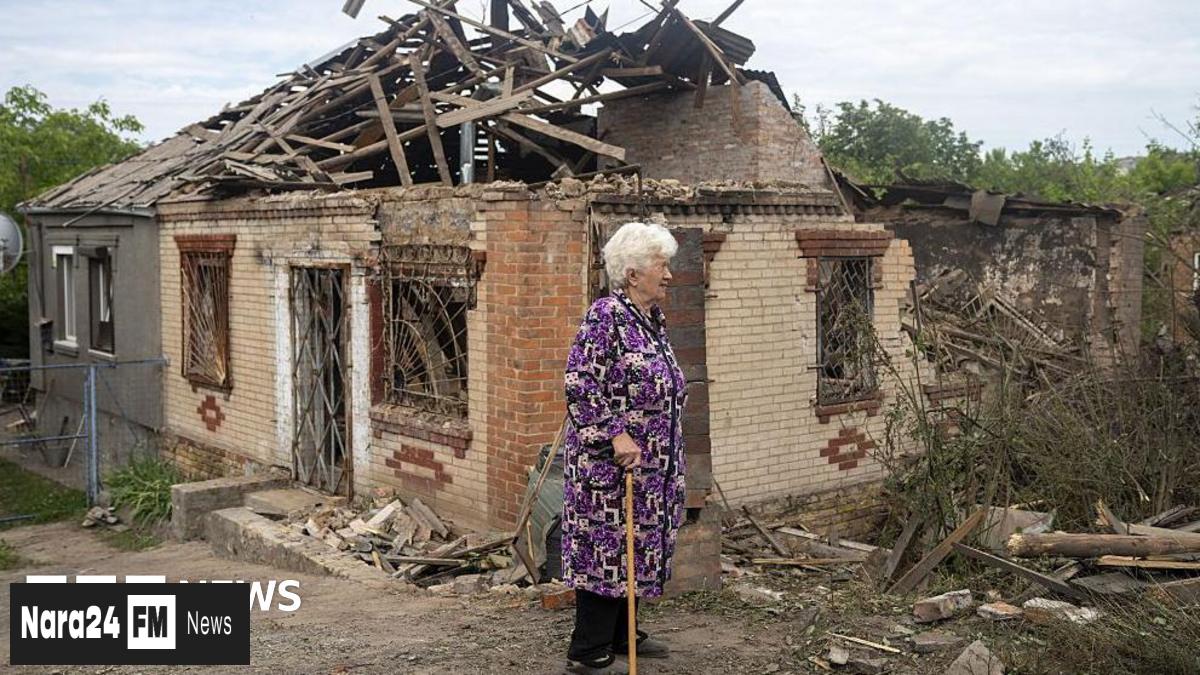UN Experts Challenge Chagos Sovereignty Agreement
A United Nations human rights panel has called for immediate suspension of the UK-Mauritius agreement governing the Chagos Archipelago, declaring the pact fails to protect the fundamental rights of the Indigenous Chagossian people. The four independent experts, appointed by the UN Human Rights Council, assert the arrangement signed last month creates "significant barriers" to the community's ancestral land rights.
Core Concerns Over Indigenous Rights
Under the contested agreement, the United Kingdom formally returned sovereignty of the Indian Ocean territory to Mauritius while retaining exclusive control over Diego Garcia—the largest island—where it operates a strategic military base jointly with the United States. The panel emphasized this provision effectively blocks Chagossians from exercising their right to return to Diego Garcia, where many were born before forced relocations in the late 1960s and early 1970s.
"The agreement appears fundamentally incompatible with the Chagossians' cultural and territorial rights," the experts stated, noting the absence of guaranteed access to sacred sites.
The UK's arrangement includes a £101 million annual payment to Mauritius for base operations over 99 years, plus a £40 million trust fund for Chagossian support. However, the UN body questioned whether this constitutes adequate reparations for decades of displacement.
Historical Injustice Revisited
The archipelago's complex colonial history underpins the dispute. The UK purchased the islands for £3 million in 1965 as Mauritius prepared for independence, a transaction Mauritian authorities have long deemed illegitimate. Subsequently, British authorities forcibly removed approximately 2,000 Chagossians to make way for the Diego Garcia military installation, scattering the community across Mauritius, Seychelles, and the UK.
Despite international rulings favoring Mauritian sovereignty, including a 2019 International Court of Justice advisory opinion, the UN panel contends the current agreement overlooks the displaced population's welfare. Last month, two Chagossian women born on Diego Garcia launched a legal challenge in London's High Court, arguing the deal neglects their right of return.
Political Reactions and Next Steps
The UK Foreign Office defended the agreement, stating it "recognizes the islands' importance to Chagossians" and has received broad international endorsement. Meanwhile, opposition figures have amplified criticisms. Shadow Foreign Secretary Dame Priti Patel condemned the deal as "detrimental to both British taxpayers and the Chagossian community," proposing legislation to halt its ratification.
Parliament faces a critical deadline, with both Houses required to pass any objection resolutions by July 3rd. As diplomatic tensions escalate, the UN panel's intervention adds weight to calls for revised terms that prioritize human rights over geopolitical interests in the strategically vital Indian Ocean region.









Comments (0)
Leave a Comment
Be the first to comment on this article!